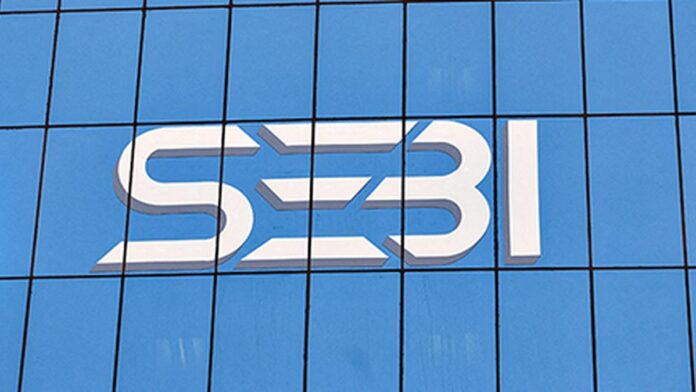
SEBI said the suspension of trading in futures contracts would be on soybean and its derivatives, crude palm oil, wheat, paddy rice, chickpeas, green gram and rapeseed. File
| Photo Credit: Reuters
The suspension of trading in derivative contracts for key farm commodities was extended till January, so as to curb food inflation. The Securities and Exchange Board of India (SEBI) initially ordered a year-long suspension of futures trading in key farm commodities in 2021 — a significant move since futures trading was allowed in 2003.
The suspension was first extended until December 20, 2023, and later to December 20, 2024. In a notification issued late on Wednesday (December 18, 2024), SEBI said the suspension of trading in futures contracts would now continue until January 31, 2025, on soybean and its derivatives, crude palm oil, wheat, paddy rice, chickpeas, green gram and rapeseed.
Also read | SEBI tightens rules for IPOs of small firms
“Instead of extending the ban for a year as it did in the past two instances, it has extended it for only one month. This is a good sign. Perhaps futures trading will be allowed early next year,” said a Mumbai-based dealer with a global trade house.
The vegetable oil industry has been seeking the resumption of futures trading to help importers hedge their risks and provide oilseed growers with an indication of future price movements.
“The resumption of futures trading in soybean, rapeseed, and their derivatives would help bring stability to oilseed prices,” said B.V. Mehta, executive director of The Solvent Extractors’ Association of India.
SEBI proposes retail investors participate in algo trading
Nearly two-thirds of the country’s edible oil requirements are met out through imports, primarily of palm oil from Indonesia and Malaysia, as well as soy oil and sunflower oil from Argentina, Brazil, Russia, and Ukraine.
The National Commodity and Derivatives Exchange (NCDEX), which derives most of its volume from trading in farm commodities, was the most affected by the government’s decision, followed by the Multi Commodity Exchange.
Published – December 19, 2024 11:23 am IST
